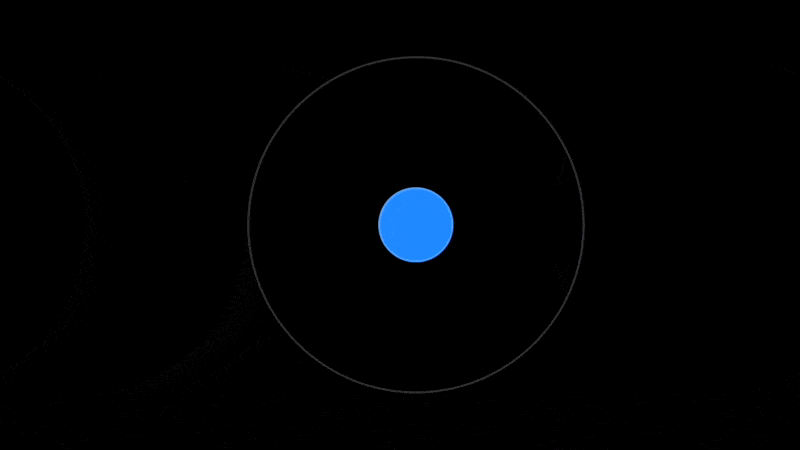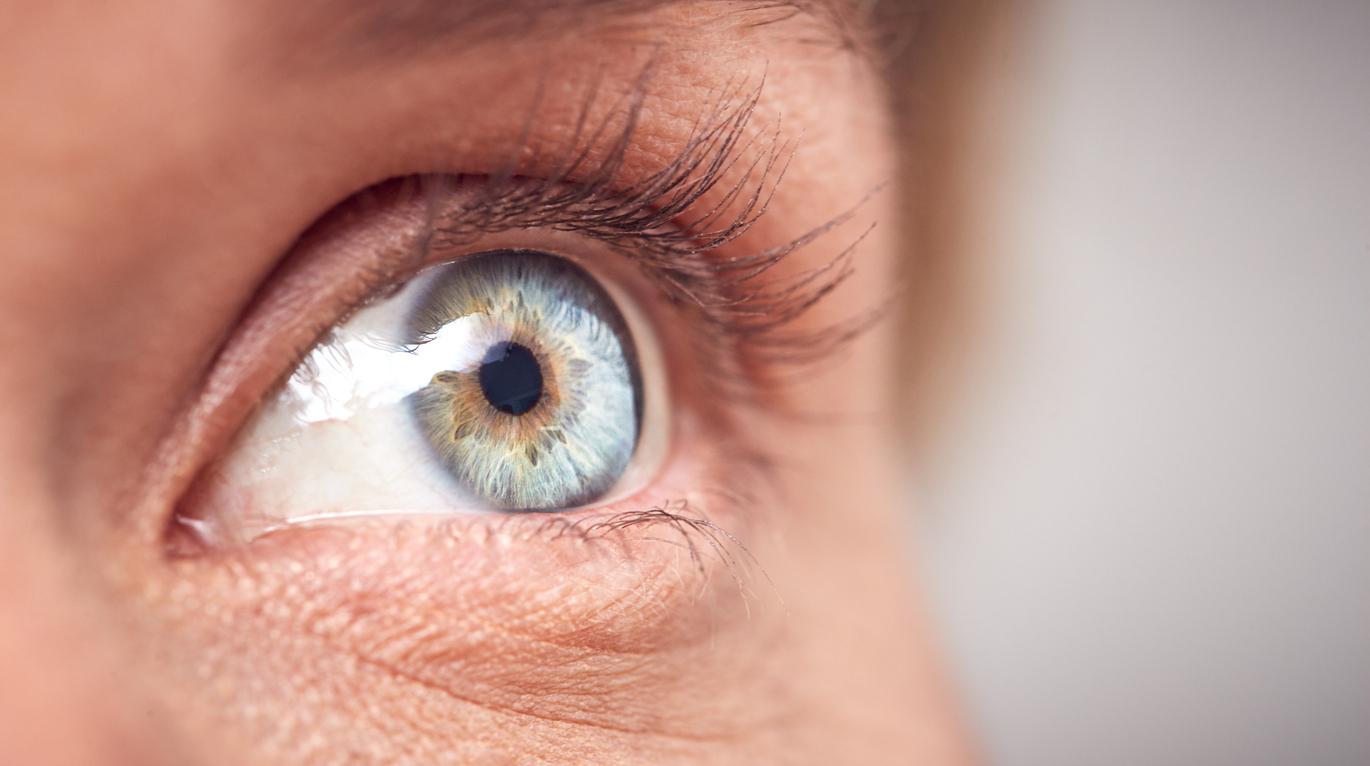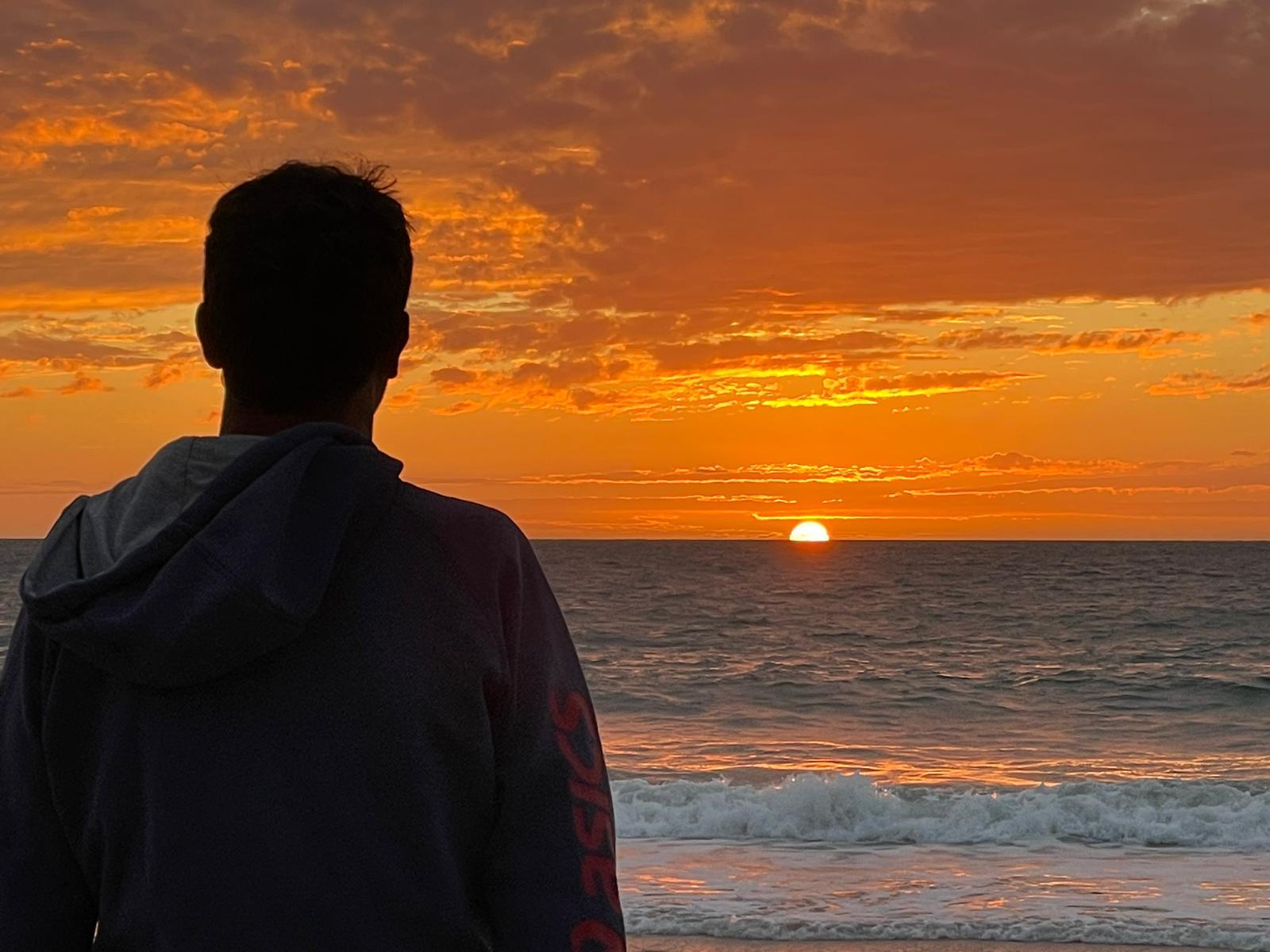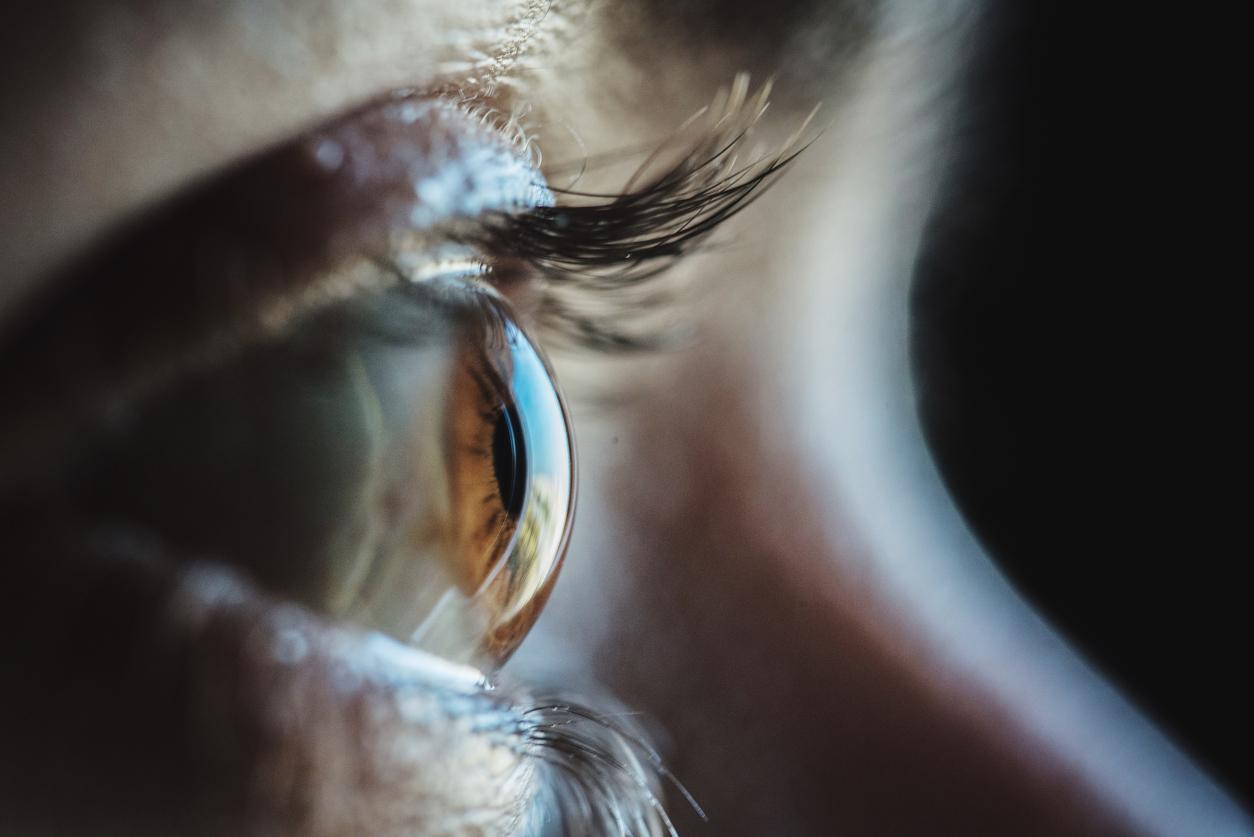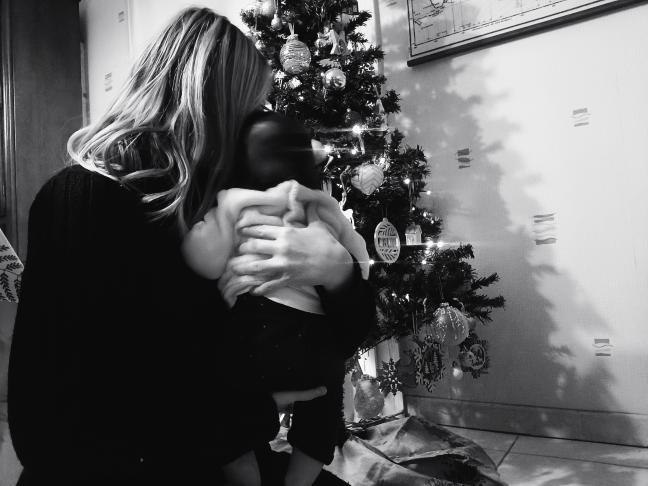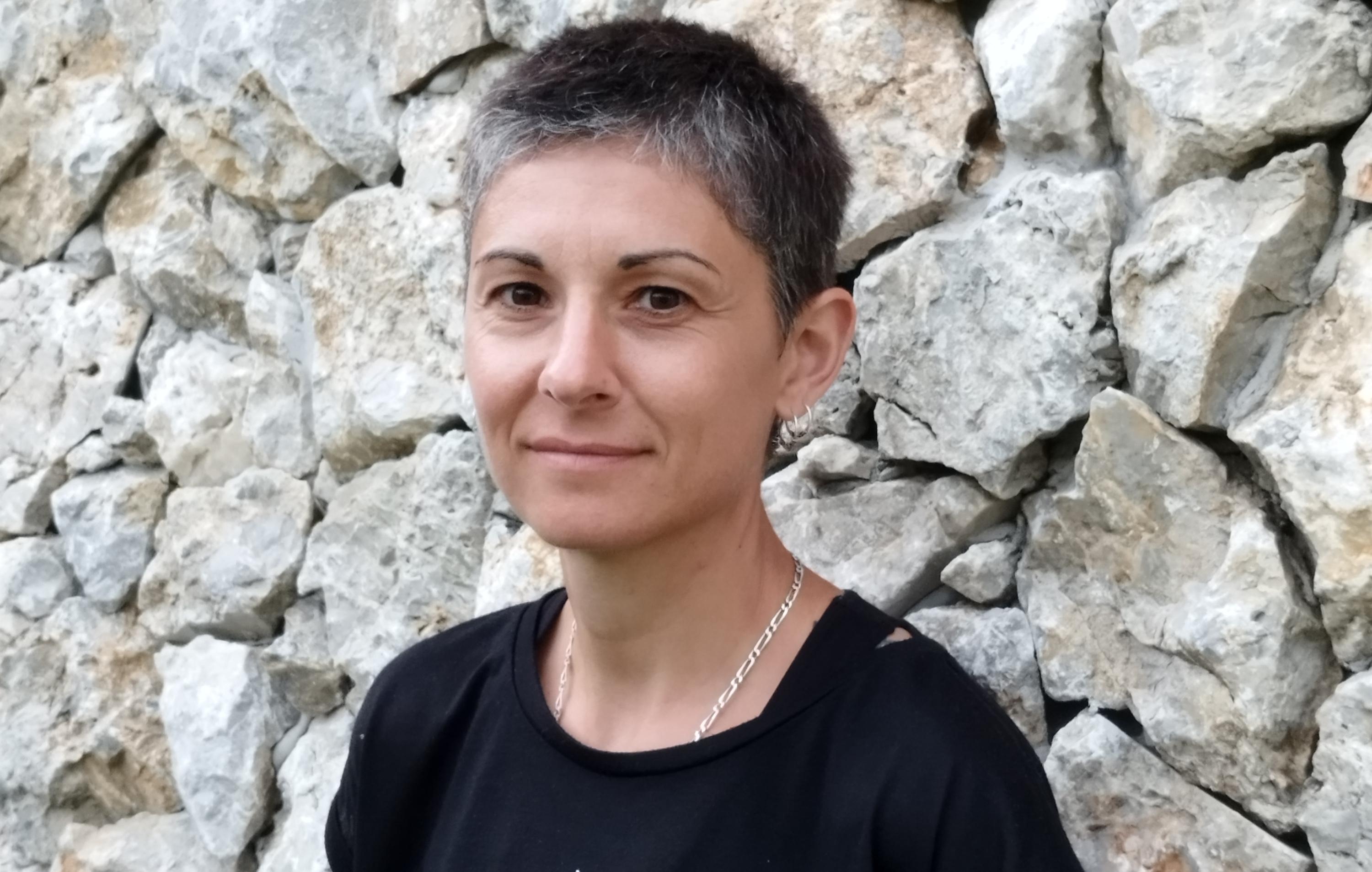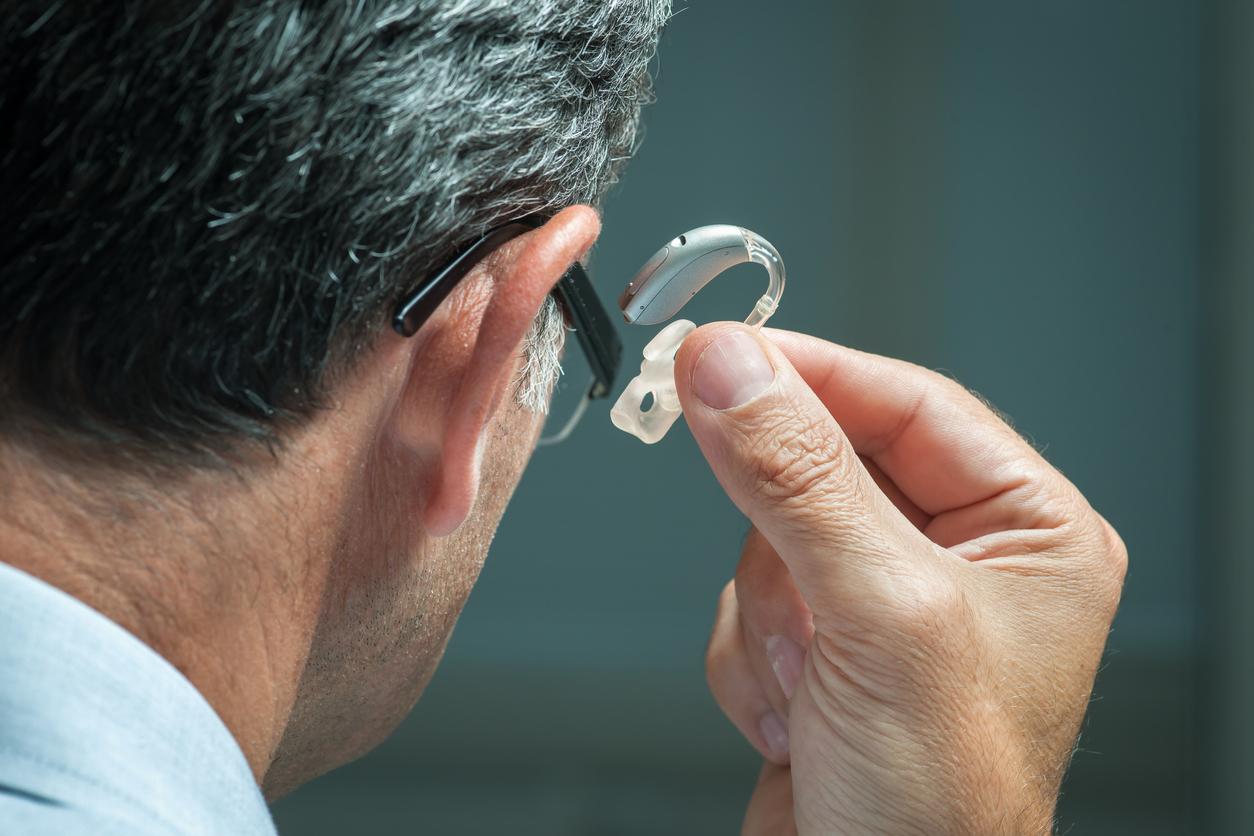Hassan Meghzila is one of 600,000 people living with a diagnosis of schizophrenia in France. On the occasion of Schizophrenia Days from March 16 to 23, 2024, the fifty-year-old, now recovered, talks about this complex chronic psychiatric disorder which turned his life upside down for around twenty years.

- Hassan, suffering from schizophrenia, had his first attack in 1993. He then regularly had episodes that required treatment. He was hospitalized every year until 2002.
- It was in 2002 that the diagnosis of paranoid schizophrenia was officially made.
- Now recovered, he became a peer health mediator in 2020. He shares his experience with patients in care to help them understand their illness.
“Schizophrenia is a complex chronic psychological illness which results schematically in a disturbed perception of reality and productive (delusional ideas or hallucinations) and passive (social and relational isolation) manifestations”notes Health Insurance.
When Hassan Meghzila is asked to describe his disorder in his own words, he explains that it is a “a suffering person who has created a scenario from scratch in their head thanks to readings or knowledge acquired during their youth to protect themselves from trauma”.
Schizophrenia: “I thought I was the hidden child of the king of Morocco”
Schizophrenia appeared in Hassan’s life in 1993 during a heartbreak. The man, who was then only around twenty years old, gradually plunged into severe depression. Then slowly he sank into “a strange and hallucinatory world”. “It was populated by visual, auditory, and even olfactory hallucinations”he remembers.
“One of my first hallucinations was visual. I was playing to the ladies and there was a dark aura around the friend I confronted every time he frowned. It would return to normal when his gaze changed.” Others followed one another: “Another time, I was lying at home. It was about five in the morning and I heard in stereo as if the whole building had given birth at once. There were hundreds of baby cries. I was I woke up with a start and wondered what was going on. It was mind-blowing, if I may use the pun.”
In addition to the hallucinations, Hassan experienced sleepless nights during this first attack where he ended up wandering in the street. “Two weeks later, I was at the end of my strength. HAS At that time, I often went to the youth center in my neighborhood. A specialist educator, seeing my condition, had the courage to take me to the hospital. This was my first hospitalization.” The first of a long list. Between 1993 and 2002, he was hospitalized every year because of his seizures.
HAS Each of his psychotic episodes, Hassan had essentially the same scenario based on persecution. “I thought I was the hidden child of the king of Morocco, that I was rich, that my parents were in reality a foster family. They put me there because I was an illegitimate child and ‘in fact, Iwould have had to live in a palace.”
Psychic disorders: “the body and the mind both go on a journey”
Hassan also experienced pathological journeys. In a dissociative state, he would leave, usually after a family conflict, without money, without preparation and without a goal. “I have been to Morocco, Italy and France. Ultimately, I have traveled a lot, but I no longer remember much of the landscapes I encountered. The body and the mind both go on a journey”confides the fifty-year-old.
His journeys could last from a few days to several weeks. “The longest lasted a month, I left for Morocco on a delusional idea. My father found me and tried to get me out of my delirium.” During this pathological journey, he attempted to go from Marrakech to Casablanca. “I first took a train then I wanted to continue on foot. I made this journey again by car about two years ago when I was recovering. As I traveled the road, I asked myself how I did it. There are 200 km, deserts and the road is dangerous. I had to take advantage of the Moroccan hospitality and in reality only walk 50 km, but I still ask myself questions.” he confides.
“I was diagnosed with paranoid schizophrenia in 2002”
Although Hassan was hospitalized very often after 1993 due to his numerous episodes, it took him several years to have a diagnosis. “It was in 2002 that I was diagnosed with paranoid schizophrenia. That is to say, I mainly had symptoms of persecution. In the films, they talk about split personality, but that’s not not that. The personality is deconstructed and reconstructed in a universe where it can live. It’s a way of protecting itself from reality.”
Finally having a word to say about the troubles that were disrupting his daily life as well as his relationships with those around him was a relief for Hassan. “I was told it was incurable. I saidwe’ll make do with it, at least I know what I have.”
If this conversation with the doctor, twenty years ago, is the first time that Hassan remembers hearing the name of his illness, he recognizes that it is possible that it had been pronounced in his presence before . “When I consulted my medical file, I saw that during the first hospitalization, the team already had a suspicion at that time. It was written: ‘this could be the beginnings of schizophrenia’ , either I was told it and I was in a state which did not allow me to hear it, or they were not told to me at the time. I cannot say.”
Schizophrenia: “I no longer have seizures”
After this official diagnosis, he was prescribed a new generation treatment for depression and psychotic disorders. Although it is difficult to speak of recovery from schizophrenia, Hassan is recovered. “I no longer have seizures. I am followed by a psychiatrist every two months, but I have not taken medication for three years.”
“With the agreement of my doctor, I stopped the medication, because I wanted to have a child with my partner and the tests suggested that they could impact the quality of the sperm. And ultimately, I did not I haven’t started again since, because I haven’t had any positive or negative symptoms or hallucinations since stopping.”
To maintain this stabilization of the disorder, Hassan, however, pays attention to several points of his lifestyle: having a regular sleep cycle, exercising and eating healthily. “I avoid processed products, anything that contains endocrine disruptors that can impact the microbiota, I eat sugar in moderation and ban sweeteners to avoid disrupting hormonal balance. I prioritize natural products, plants, vegetables and fruits.”
These tips learned from the medical profession or from his own research, the one who was previously a museum guard, now shares them with other patients. He, in fact, became a peer health mediator in 2020.

Peer health mediator: “We share our experience of recovery with patients”
“I had wanted to change careers for a while to move towards personal assistance. But I couldn’t find a possible bridge between the territorial civil service and the hospital civil service, because I didn’t have any diploma in medico-social, explains Hassan. It is his psychiatrist who provides him with the solution during a session.
“He then spoke to me about the job of peer health mediator. Medical-social establishments or hospital centers involve us in our experience of recovery. It can either be linked to a psychiatric disorder, or to a street experience, or to an addiction. We share our experience with patients: we help them understand what is happening to them and how they can fight against their disorders.”
Hassan is totally flourishing in this new profession. “If I had known earlier that I could do this job thanks to my experience, I would have done it well before without hesitation.”
In addition to providing support to people with psychological disorders, he decided to participate in Schizophrenia Days from March 16 to 23, 2024, to raise awareness of this illness among the general public and combat the stigma surrounding it. “Films don’t help us reduce prejudices, we see a lot of false or negative things about schizophrenia. They never talk about people who recover from it”he laments.
And yet surrounded by health professionals and loved ones, recovery may be possible. Hassan is proof of that. “Yes, sometimes we are not at our best and moods can fluctuate, but we can stabilize. I am proud to have recovered despite all the difficulties. You have to have confidence”concludes Hassan.



